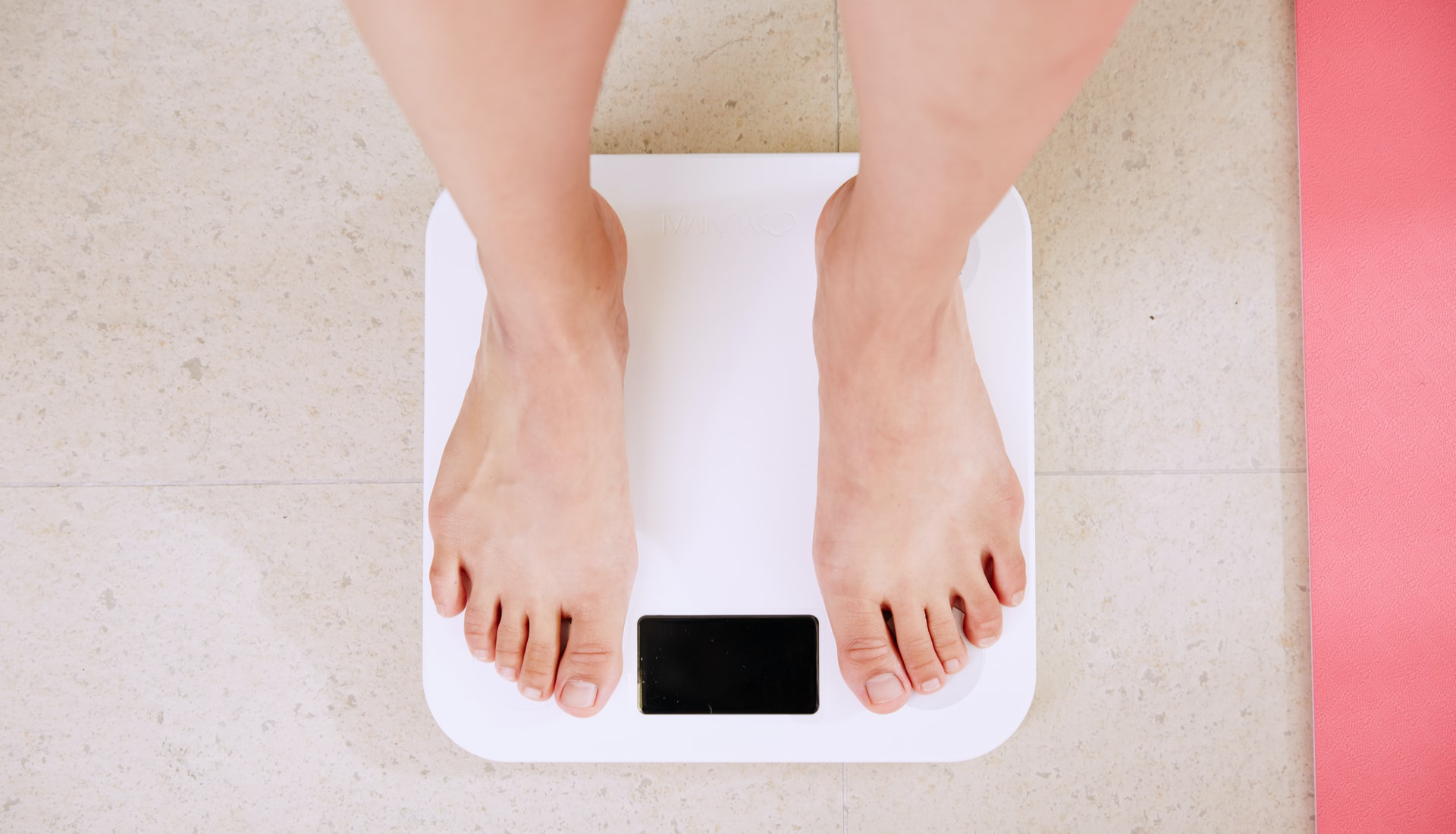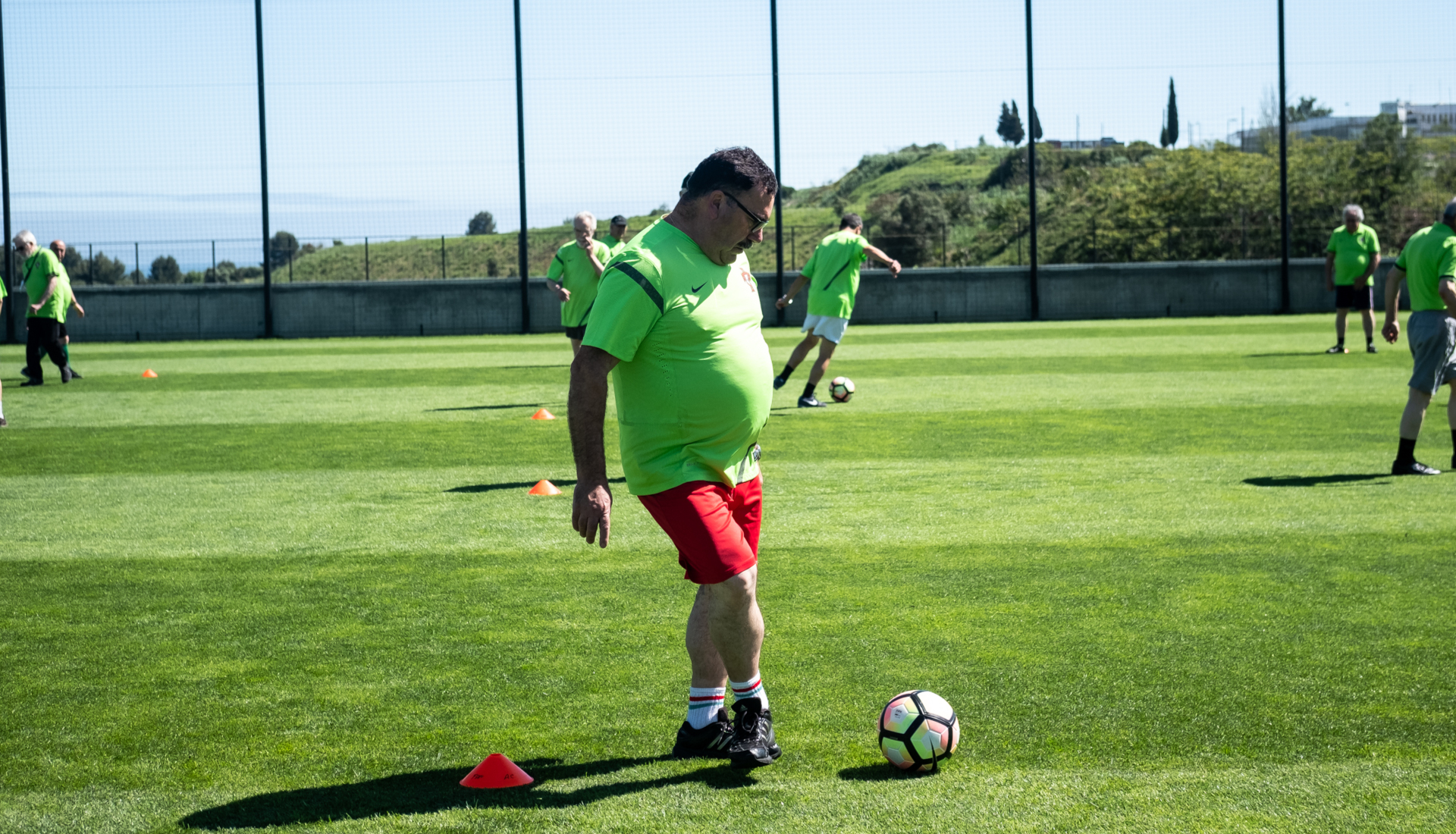This laboratory focuses on physical activity as a health determinant.
Physical inactivity and sedentary behaviour are risk factors for noncommunicable diseases such as cardiovascular diseases, several types of cancer, type 2 diabetes, depression, anxiety, dementia and obesity. In children and young people, physical activity also shows benefits in psychomotor development, psychological wellbeing, social integration and academic performance.
However, in the Portuguese population, around two thirds of adults do not comply with the physical activity recommendations of the World Health Organisation (WHO). Most children do not walk and/or cycle to school, do not practise physical exercise or organised sports, and spend too much time sitting during their daily activities.
The goals of this laboratory are:
- To analyse physical activity promotion strategies for the control of chronic noncommunicable diseases adapted to different age groups, socio-economic levels and contexts (home, school, workplace and community);
- To analyse monitoring and surveillance systems of physical activity
- To analyse the multisectoral approach in physical activity promotion, namely involving health, education, sport, mobility, environment, urban planning and social inclusion sectors
- To analyse the implementation of physical activity promotion policies.
The aims of this lab are aligned with the goals of the National Programme for the Promotion of Physical Activity of the Directorate-General for Health (priority programme), with the Recommendations of the European Union for Physical Activity, with the WHO Physical Activity Strategy for the European Region, with the WHO Global Action Plan for Physical Activity Promotion, and also with the Sustainable Development Goals of the United Nations.
Increasing the population’s physical activity directly contributes to the achievement of goals 3 (Quality health), 4 (Quality education), 5 (Gender equality), 10 (Reduced inequalities), 11 (Sustainable cities and communities), 13 (Climate action), 15 (Protecting earth’s life), and 16 (Peace, justice and strong institutions).








